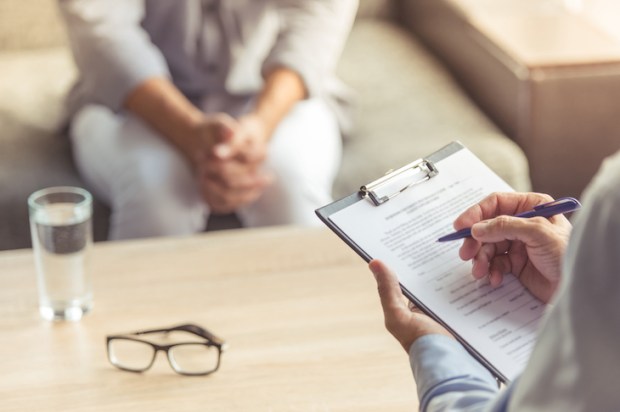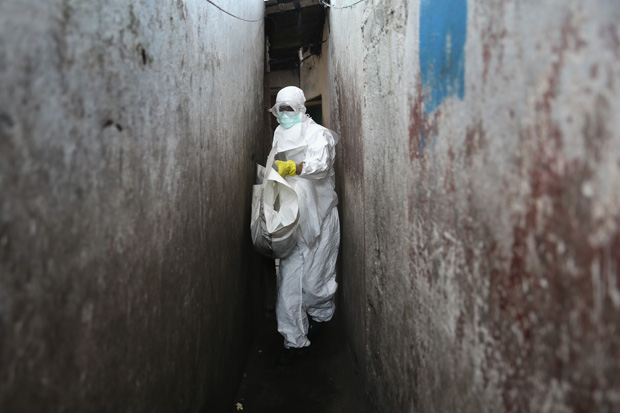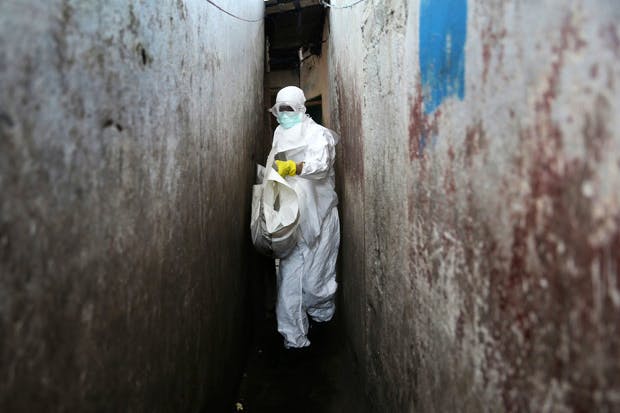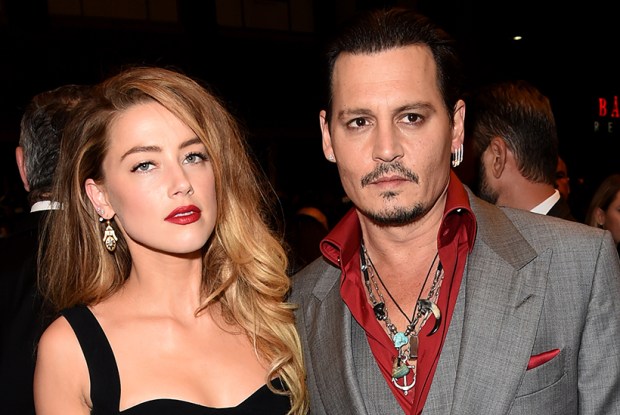Last week, women working for the UN became the latest to join the #MeToo gang, and for all the eye-rolling silliness of some of #MeToo, I was pleased. The UN is in many ways a seedy closed shop. It spends zillions promoting gender equality worldwide but in practice it’s a very different story. The women of the UN described (to the Guardian) a culture of abuse (including rape) after which victims are silenced and then sidelined, often sacked.
I’m delighted they spoke out, but what puzzles me is why it stopped there. On Saturday, thousands marched around New York City to draw attention to the unjust treatment of women. So why didn’t those ladies of the UN — why didn’t all the thousands of righteous feminists on Manhattan Island — descend on the UN HQ tower in Turtle Bay to protest, not at their own treatment but at the continuing abuse of the most vulnerable girls in the world at the hands of UN ‘peacekeepers’?
It first occurred to me in 2008 — long after I should have known better — that the UN might not always be a force for purest good. I was visiting Liberia as it pulled itself back together post-war, and for a few days anyone in a blue beret seemed to me a hero. I remember the line of white Toyotas in the car park of Monrovia’s most popular seafront café. I remember the officers of the UN sitting still as spiders in the heat, watching young Liberian girls doing cartwheels. On a hill in the city where hucksters sold ‘tribal’ masks, I saw a fat man get out of a UN Land Cruiser, take a very young Liberian girl by the hand and lead her down a side street.
Home schooling? I was keen not to be unfair. It was only after I got home that I read a Save the Children report into the seamy side of the aid effort in Liberia and Sierra Leone and found out how common it was for UN officials (and other NGO workers) to insist girls ‘paid’ for help by putting out. The Liberian girls, when questioned by Save the Children, had said they’d assumed that sex for food was the official deal. Their parents hadn’t complained, because food was in short supply.
The scandal in Liberia wasn’t an anomaly; it was a template. In Kosovo, underage girls and boys were kidnapped and tortured for the entertainment of UN workers. In 2014, French troops in the Central African Republic set up a rape-for-food initiative. Last year an Associated Press investigation discovered that 100 Sri Lankan UN peacekeepers had run a child-sex ring in Haiti for a decade. No one was sacked, of course.
In the past 12 years there have been almost 2,000 allegations of sexual abuse and exploitation by UN personnel. Those sainted secretary-generals, first Kofi Annan then Ban Ki-moon, both promised ‘sweeping’ reforms but nothing fundamental changed because no system was put in place to make sure that perpetrators were punished. They still get off scot-free.
In 2016, Anders Kompass, a UN director who’d exposed the horrors in the CAR, and been suspended for his pains, resigned. He said: ‘The complete impunity for those who have been found to have, in various degrees, abused their authority, together with the unwillingness of the hierarchy to express any regrets for the way they acted towards me, sadly confirms that lack of accountability is entrenched in the United Nations.’
All those women marching and shouting last Saturday: ‘Trump must go! Women against Trump!’ It’s far from clear to me that Trump has been worse for women worldwide than Kofi or Ban Ki. Any decent secretary–general should, in response to mass accusation of child rape, have changed the whole doggone set-up. Instead they just talk a good game and carry on. Here, just a few months before the Guardian investigation, is Phumzile Mlambo-Ngcuka, UN undersecretary–general for gender equality and empowerment of women, with a great example of UN hot air: ‘We need to have all women empowered to speak, their rights and bodies respected, and behaviour established and entrenched as normal that lets no one off the hook. No more impunity.’
I like to set this beside a statement from Hillel Neuer, executive director of UN Watch, guardian of the guardians: ‘The UN keeps saying their policy is “zero tolerance” yet what we see from the top down is the opposite: a neglect of the women and children who are abused by peacekeepers and a policy of giving impunity to the abusers.’
Why don’t our new outspoken feminists take on the UN? Why is it so oddly impossible to imagine it happening? Perhaps because #MeToo is now a clique with codes and rules. There are official away-day outfits (pussy hats) and sanctioned hate figures like Harvey and the Donald. Maybe guys who win Nobel Prizes for peace are simply not on the #MeToo hit list. But just think of the (justified) outrage if this sort of eye-watering abuse was discovered to be currently going on in the Catholic church, or in the Republican party.
Empire is so taboo these days that some of the most right-on college kids can’t even discuss it. Oxford students have threatened to boycott a course which weighs the good and bad in colonialism. The irony is that the UN presides over atrocities that quite match the most gruesome acts of imperialism and happen for the same reason. Good guys and bad guys are created by the culture they inhabit. If you give untrained men too much power over young girls; if you remove accountability and transparency and if none of the world’s marching activists seem to care, it won’t end well.
Got something to add? Join the discussion and comment below.
Get 10 issues for just $10
Subscribe to The Spectator Australia today for the next 10 magazine issues, plus full online access, for just $10.
You might disagree with half of it, but you’ll enjoy reading all of it. Try your first month for free, then just $2 a week for the remainder of your first year.














Comments
Don't miss out
Join the conversation with other Spectator Australia readers. Subscribe to leave a comment.
SUBSCRIBEAlready a subscriber? Log in